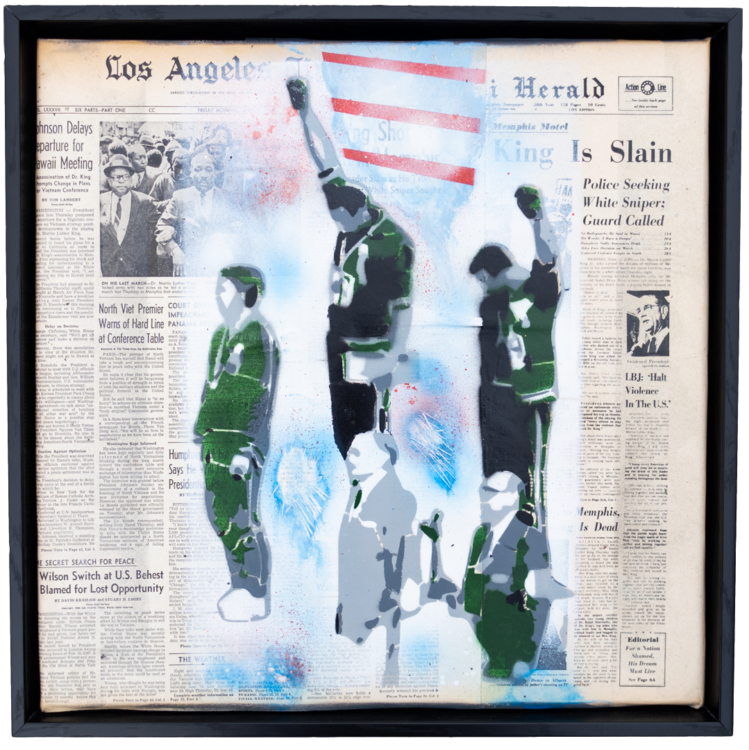Cash bail is unfair and violates due process
Share
Explore Our Galleries
Breaking News!
Today's news and culture by Black and other reporters in the Black and mainstream media.
Ways to Support ABHM?
By Sonali Kolhatkar, AFRO

Should poor people await trial behind bars while the rich go free? In the latest election year culture war, some Republicans say “yes.”
Many Americans haven’t heard of cash bail. But the idea is central to an election year battle over racism, policing and mass incarceration.
When arrested on suspicion of committing a crime, everyone in the United States has the right to due process and to defend themselves in court. But in a cash bail system, when judges set bail amounts, those who cannot pay the full amount remain jailed indefinitely — a clear violation of their due process rights — while the rich can pay their way out of jail.
A 2022 report by the U.S. Commission on Civil Rights examined the impact of cash bail and found that between 1970 and 2015, the number of people jailed before trial increased by a whopping 433 percent.
There are currently about half a million such people stuck in jails across the nation who haven’t been tried or convicted of any crimes. The report also found “stark disparities with regards to race,” with Black and brown men most often subject to higher bail amounts.
Read about how some areas are doing away with bail.
As a senator, Kamala Harris worked to abolish bail.



Comments Are Welcome
Note: We moderate submissions in order to create a space for meaningful dialogue, a space where museum visitors – adults and youth –– can exchange informed, thoughtful, and relevant comments that add value to our exhibits.
Racial slurs, personal attacks, obscenity, profanity, and SHOUTING do not meet the above standard. Such comments are posted in the exhibit Hateful Speech. Commercial promotions, impersonations, and incoherent comments likewise fail to meet our goals, so will not be posted. Submissions longer than 120 words will be shortened.
See our full Comments Policy here.